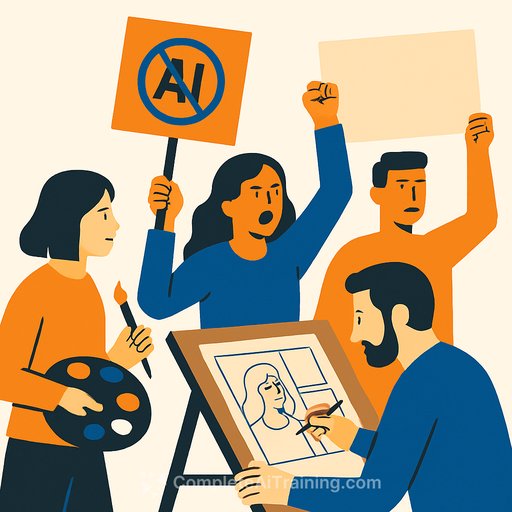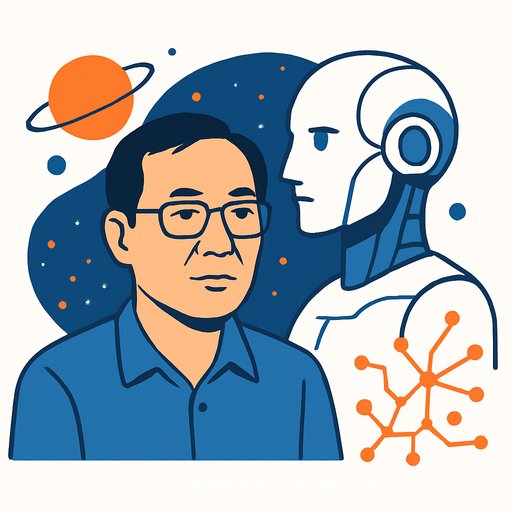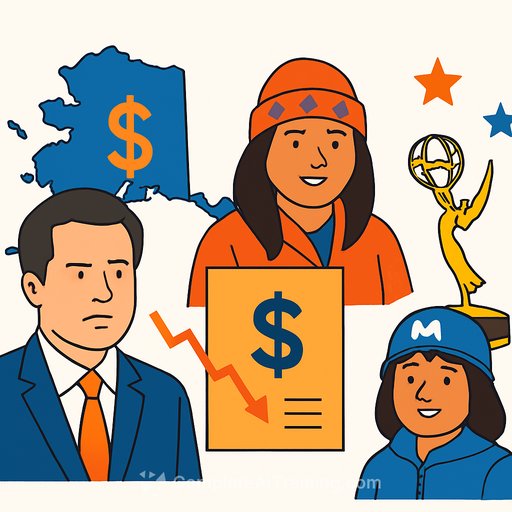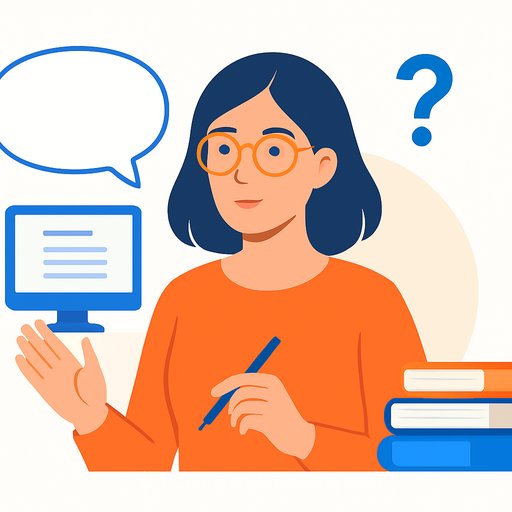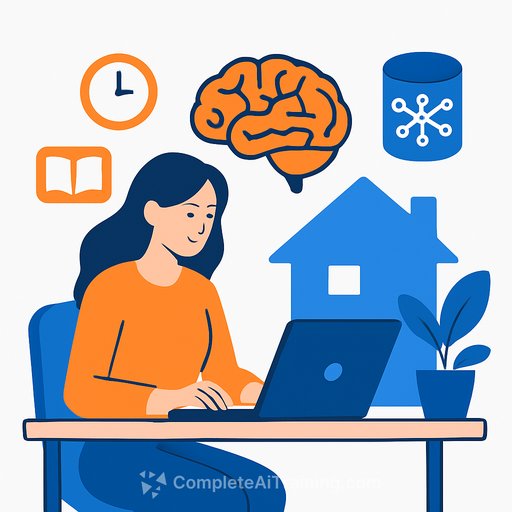Creative Workers Demand Protections Against AI Misuse
Actors, musicians, writers, and other creative professionals are raising alarms about how artificial intelligence (AI) is being used without limits or proper regulations. A recent survey by the Media and Entertainment Arts Alliance (MEAA) shows a strong call for government action to regulate AI tools, especially regarding their impact on jobs and creative content.
More than half of those surveyed are "extremely concerned" about AI's influence on employment in creative industries. The study included over 730 workers from television, radio, film, news media, art, and music sectors. A significant 69% strongly support government intervention to control AI usage, while 78% believe tech companies should compensate creators whose work trains AI models.
Key Concerns Among Creatives
- Misinformation generated by AI tops the list of fears.
- Loss of human creativity and originality.
- Theft of creative work without consent or compensation.
- Lack of transparency about how AI technologies operate and are used.
MEAA’s CEO highlighted cases where Australian voices, music, and artwork have been scraped and faked. AI tools like ChatGPT are being used to replace journalists’ work, and AI-generated radio hosts have appeared without audience disclosure. These practices amount to unregulated and untaxed exploitation of creative resources.
Creators Unaware of AI’s Use of Their Work
More than half of the respondents don’t know if their work has been used to train AI systems. Only 3% confirmed they had given consent and received payment. This lack of awareness and control is a major issue for writers and other creatives who rely on their original content for income.
With the federal government preparing to discuss AI’s role in productivity at an upcoming Economic Reform Roundtable, MEAA insists that worker protections must be a core part of the conversation. Ensuring that productivity gains from AI are fairly shared with workers is essential.
Calls for Legislation and Safeguards
Last year, a Senate inquiry recommended a dedicated law to regulate AI. Public consultations on mandatory AI guardrails received record responses, showing widespread concern. Experts warn that delays in regulation, seen in places like the United States, cannot continue indefinitely.
As AI increasingly intersects with creative work, the pressure on policymakers will grow. The goal is clear: protect creative professionals from exploitation and ensure transparency and fairness in AI's use.
For writers looking to stay informed and adapt, exploring relevant AI training and ethical guidelines is a smart move. Resources like Complete AI Training’s latest courses offer practical insights into AI tools and their implications.
Your membership also unlocks:

